Take a look at your shelf now.
Chances are, if you have a book on social work from university, you might have shelved it, never to read it again. Or you might wonder how to get rid of it by giving it as a Christmas present.
Or it might be a paperweight for your growing pile of unsettled paperwork.
And here I am telling you to read more social work books?
Gosh, I must be kidding… right?
No I’m not.
If you want to get better at social work, serving the clients who come into our lives better, you need to read.
To be clear…
The books I recommend here are not going to be just about social work. Many of them come from the realms of psychology, business, and self-help.
I believe that reading them can give you a more holistic idea of social work.
Why read?
If you look at the most successful people in the world, a common habit they have is reading.
Charlie Munger, the billionaire partner of Warren Buffett, one of the world’s greatest investor, has been famously described as a ‘walking book with hands and legs.’
What about in social work? Do social work books help us to become better social workers?
Yes.
But I don’t have time to read!
How can I read when I have so many case notes to write, clients to see, and colleagues to meet? I also don’t wish to read at home! Home is for me-time, not work-time!
But wait…
The books I recommend are not boring books about theory and practice. Rather, they help you understand yourself, and your work, better. They help you work better.
I have classified the books into categories, based on how they would be most relevant to you. Feel free to skip to the section that is most relevant.
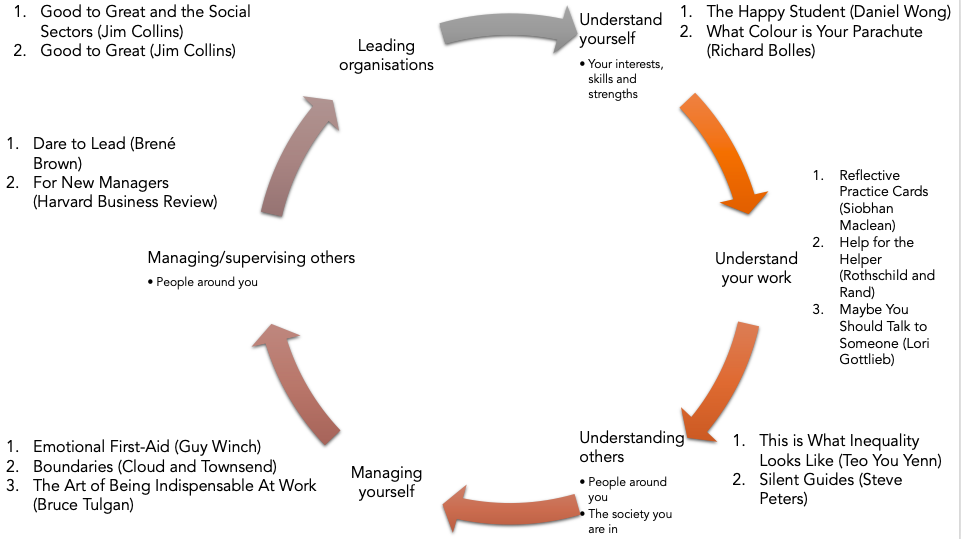
- Relaxation (Fiction)
- Understanding yourself
- Understanding others
- people we work with
- societies we work in
- Intervening
- How to intervene better
- Managing yourself
- Managing others
- How to manage/supervise others
- Leading organisations
In addition, I want to share with you a fool proof way to improve your reading, and improve your social work.
Relaxation
The Kite Runner, by Khaled Hosseini
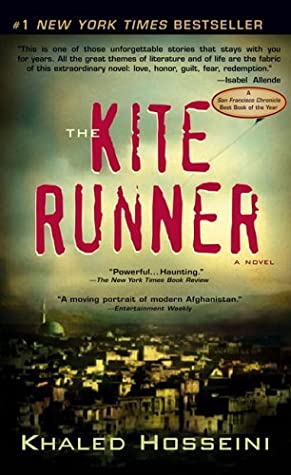
You might wonder what a fiction book is doing on this list of social work books. The Kite Runner is a book about modern Afghanistan. But interweaved is a story of friendship, betrayal and love. As a social work student, this book deeply spoke to me. At that time, I had been working with an Iranian refugee who had been tortured. I had not understood what his experiences were like. All I knew was that it was painful.
But reading this particular book helped me to see what the true realities of war-torn countries was like. Whilst it might not have entirely allowed me to understand this refugee’s experiences, it was an insight into his pains.
But more than that, The Kite Runner is also a book that enables us to reconsider what we do as social workers.
Through this book, I saw how staying silent about injustices hurts more than action. We live with the guilt of our inaction, and we wonder if we could have done more. In a profession like social work, this matters. It matters because we face injustices and sufferings everyday.
What we decide to do, or not do, has an impact on the world we wish to create.
Understanding yourself
Take Heart, by John Lim
In 2016, I was lost and hopeless. Suicidal ideation seized me from time to time, and I thought there was not much point in continuing to live.
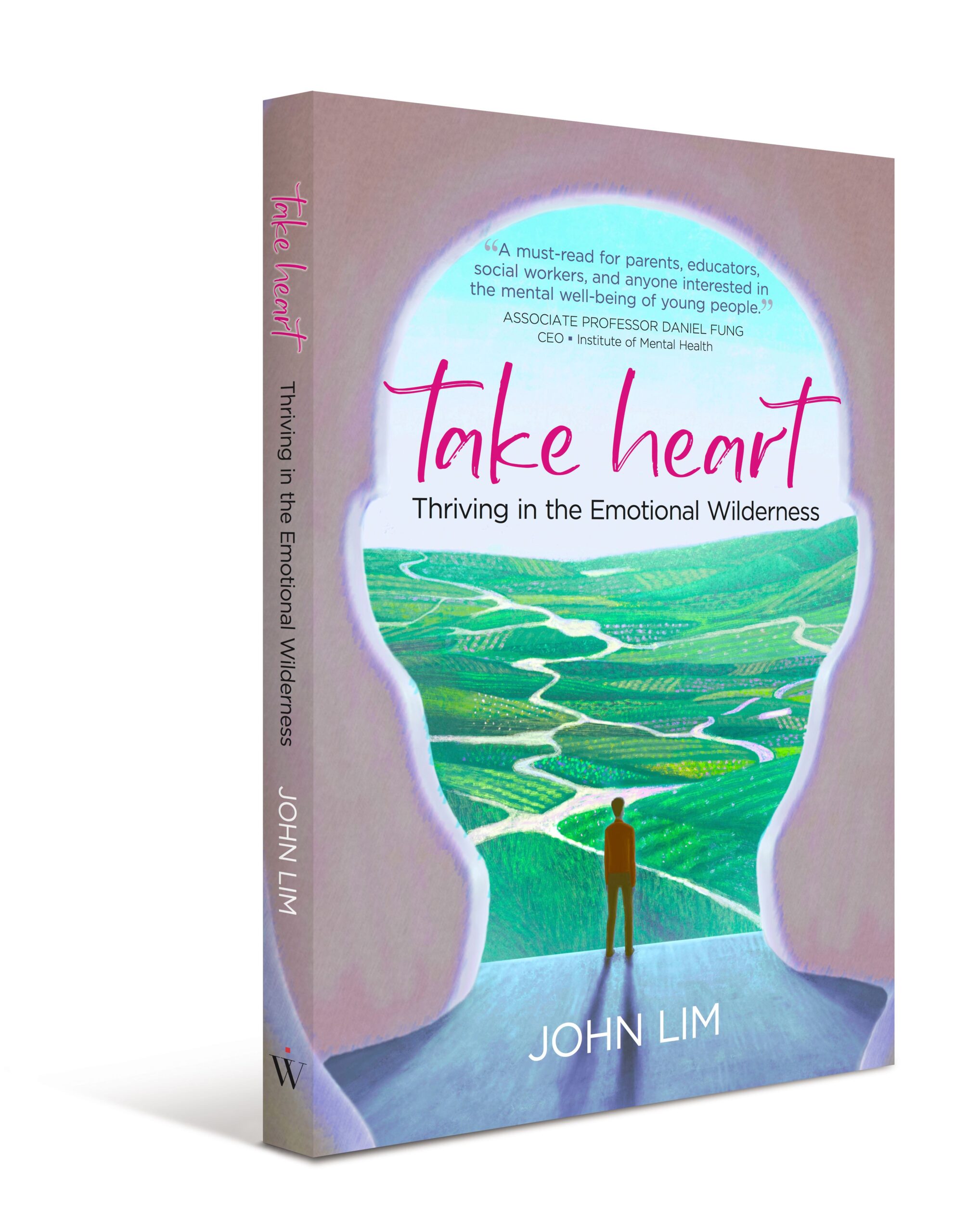
I stuffed myself with food to fill the emptiness within me.
Eventually, I landed up in front of a psychiatrist.
Take Heart is the story of how I moved from being suicidal to being a social worker, and offers a perspective of why you should stay in social work, even though the going might be difficult.
It’s worth a read, especially if you’re feeling lost yourself, about your journey through more and more paperwork.
Becoming Better, by John Lim
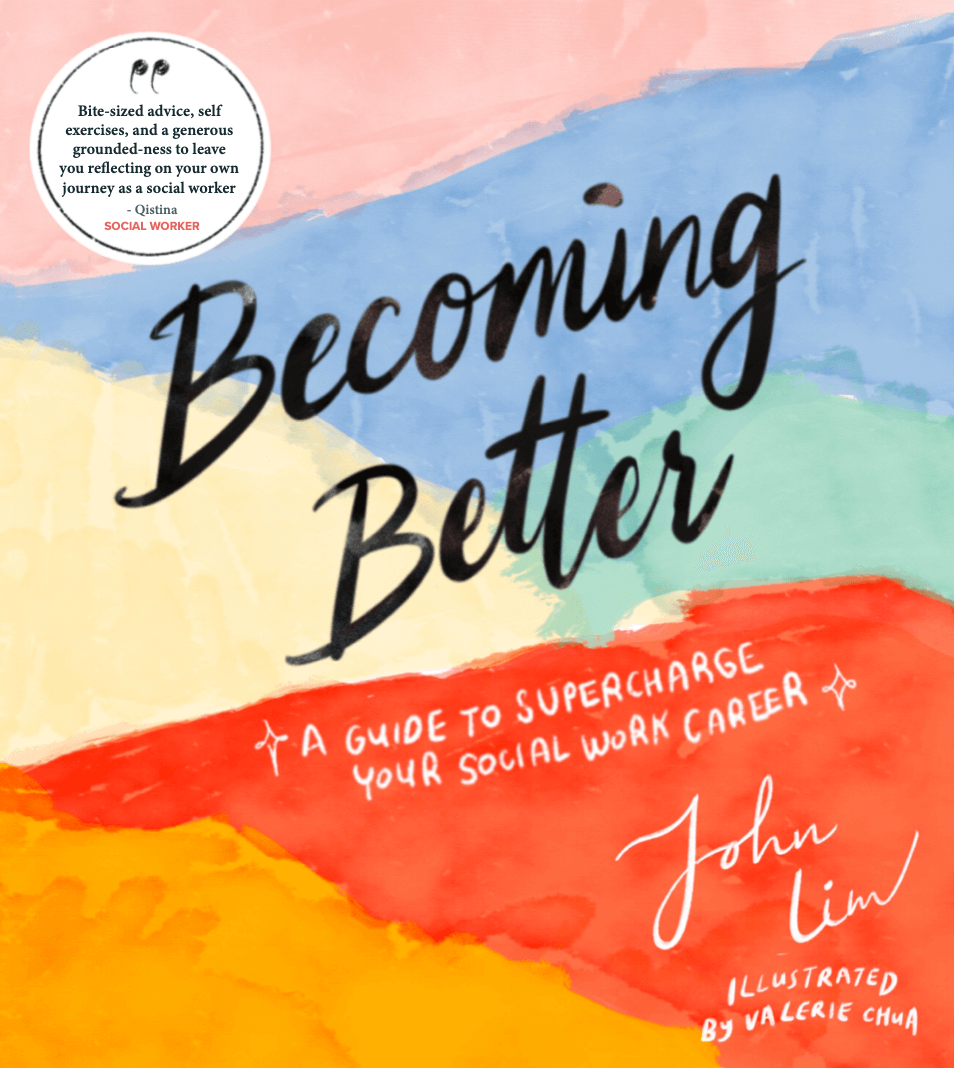
This is my very own book on social work, produced after 18 months in full time social work.
If you’re a social worker, you’ve struggled with some version of this.
You’re doing a lot of paperwork, and find yourself wondering where the people work you signed up for went.
You’re sick and tired of applying for subsidies and bursaries for clients and wonder if this is going to be most of your life.
Sitting through phone calls, filling up long forms, and wondering where the social work went.
We found out that many social workers struggled with the transition between school to work, and didn’t necessarily know how best to move their careers forward.
In this book, we share how you can use your past, and present to craft a better future career for yourself.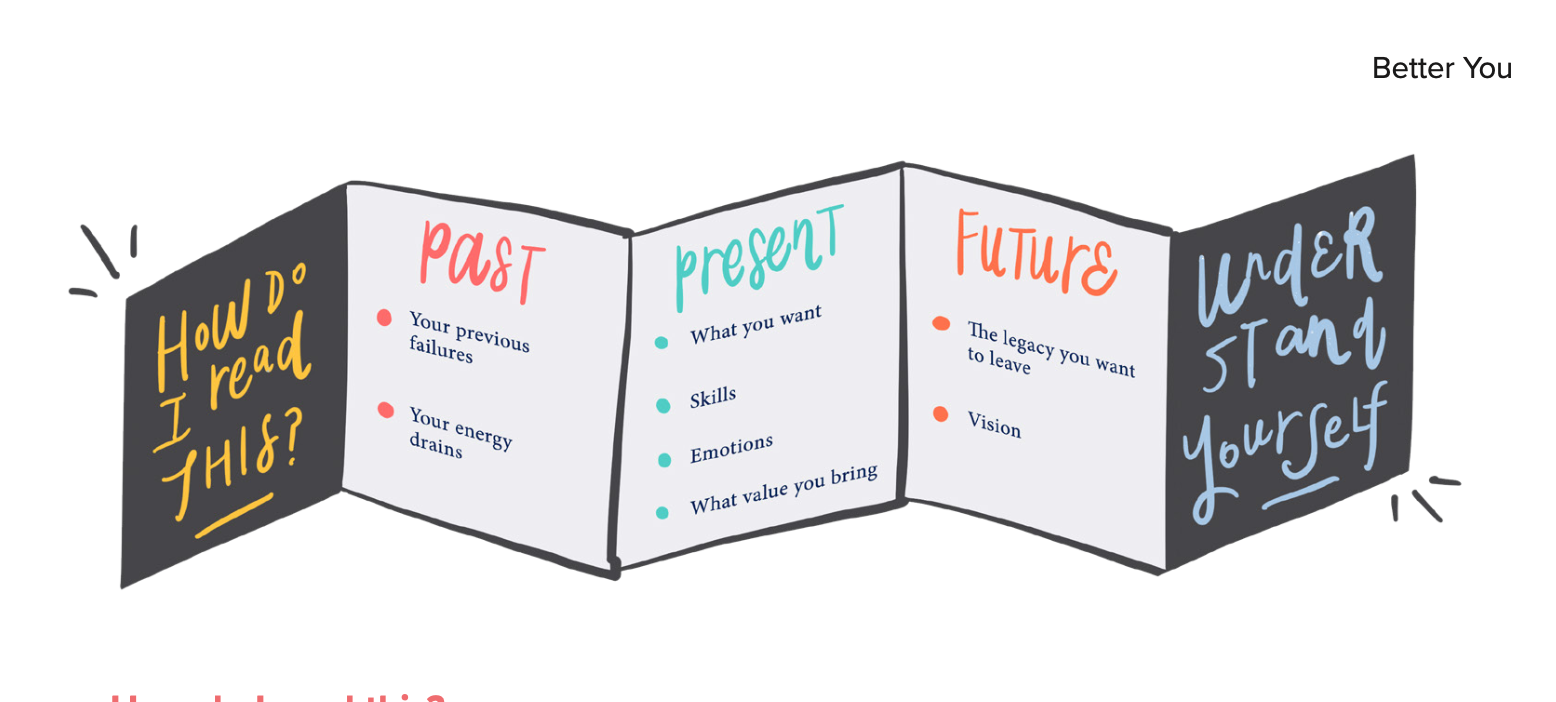
What’s different about this book is that we try to make easily understood, with the use of graphics. We saw that social workers probably didn’t have the time to read many many books, but they could quickly learn concepts through graphics. 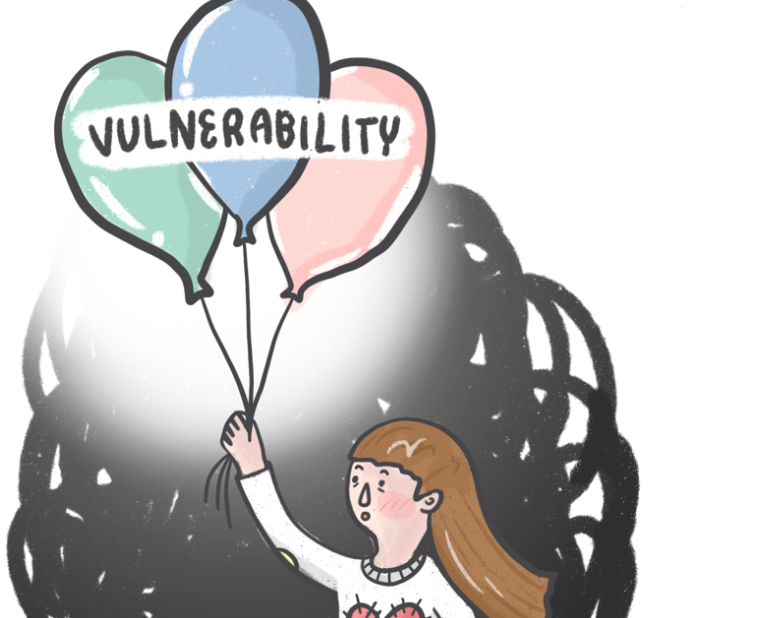
For example, in the above graphic, you can quickly see that whilst social work is difficult, it can always help to make time for vulnerability, in Singapore.
We also included great exercises for social workers to work through, about taboo topics that we often don’t talk about (but think a lot about).
Like money. Salary.
It’s certainly no taboo topic to think about it, but we wanted there to be an easier way to think through such a difficult question.
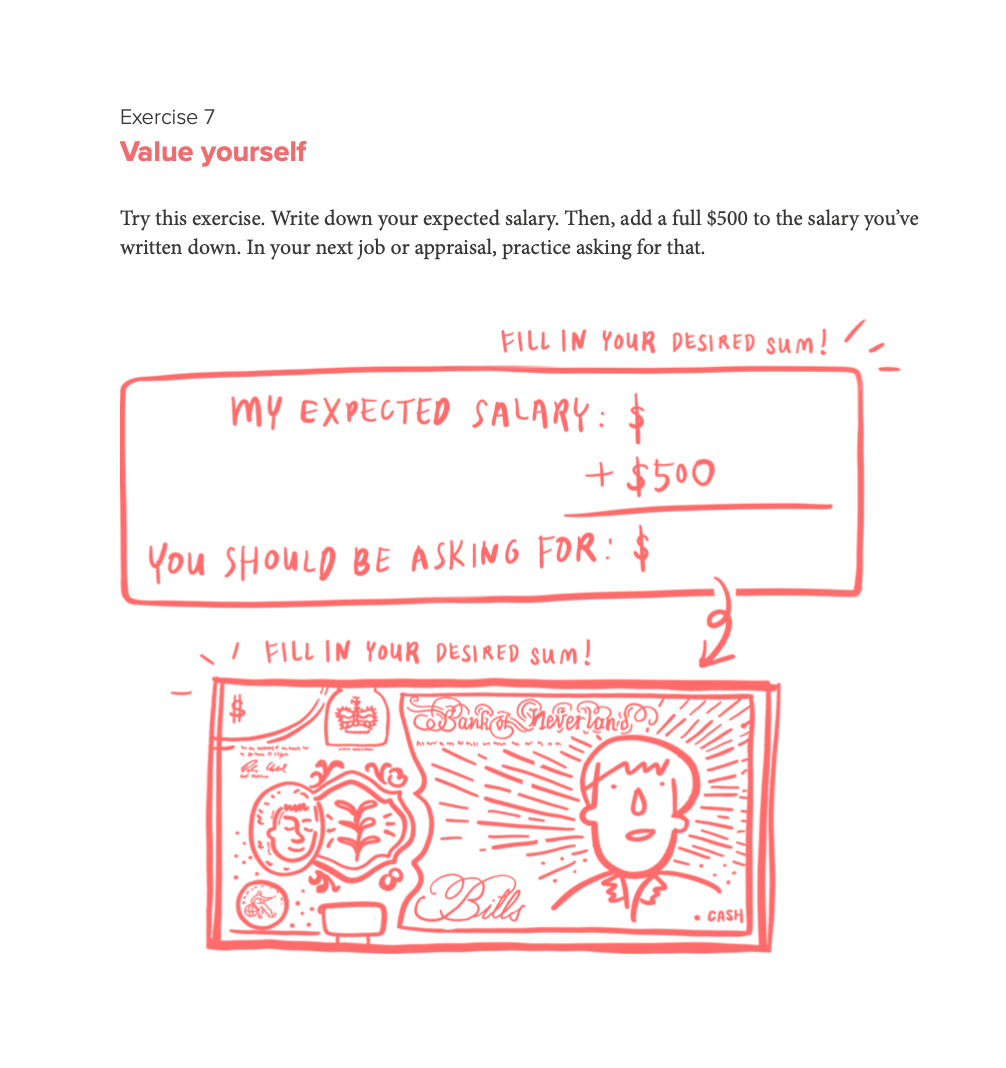
It’s pretty, isn’t it?
I think so too.
You can get it here.
The Happy Student, by Daniel Wong
As a young 20-year-old, I had no idea what to do with my life. Not sure what to study, what career to choose, or even what job to take.
Cue Daniel Wong.
March 2016. I walk into my first coaching session with him. He hands me a copy of his book, The Happy Student.
Over the next month, I devour it. I read it back to back, work through the exercises, and come out less confused.
There are 4 elements of Daniel’s book that helped me to better understand the unique interplay between my strengths, my interests, and my skills.
The practical steps in this book later helped me to do well as a university student.
If you are struggling with understanding your calling in life, where you can be best placed to contribute, try Daniel’s book. It’s easy to understand, engaging, and journeys with you along your discovery.
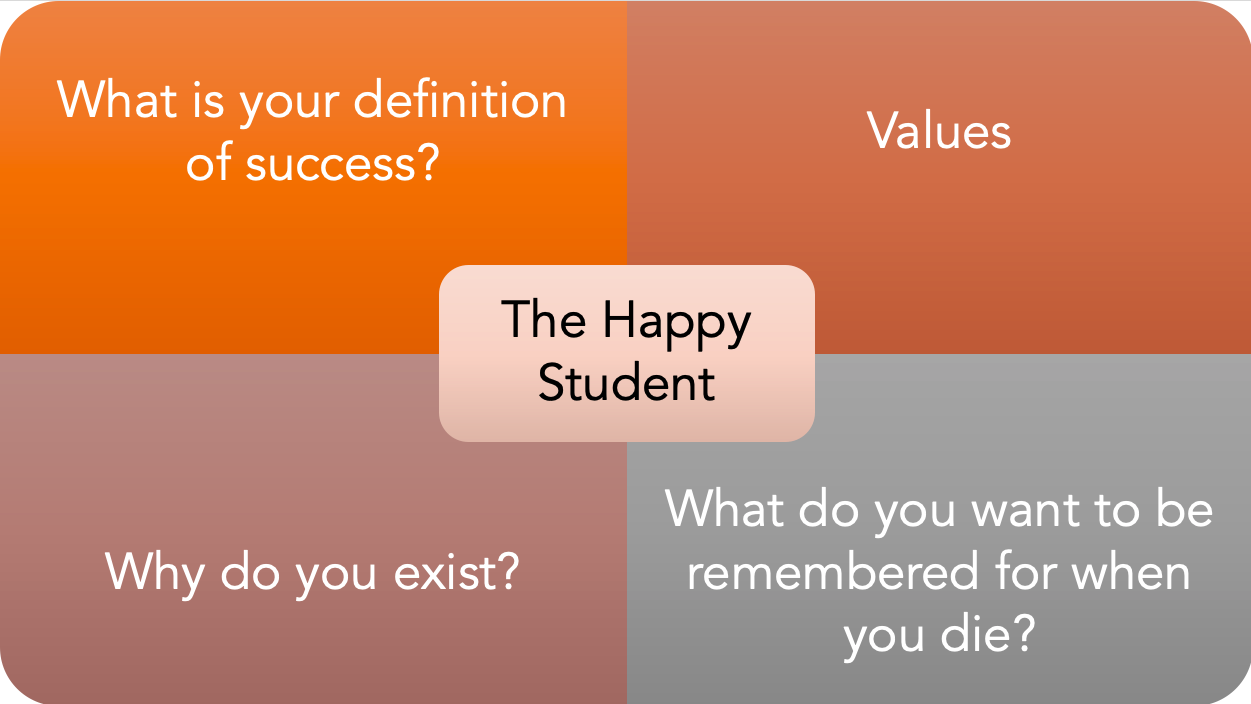
What Color Is Your Parachute, by Richard Bolles
Let’s face it. If you were going to social work excited everyday, something is probably wrong.
After a while, every social worker starts to question:
Why am I still doing this job?
Is it worth doing this job?
With the Flower Exercise in Richard’s book, you start to understand more about how the unique interplay of skills, and interests, come together to build a fulfilling job. It also forces you to face the hard question:
Is it time to quit social work?
If there’s a poor fit between your natural aptitude, and attitude, and the job description of social work, you might find it a growing torture to continue doing social work. Take the time to work through the exercises in the book. It takes time.
But any transformation, takes time.
Be patient.
Understanding your work
Reflective Practice Cards, by Siobhan Maclean
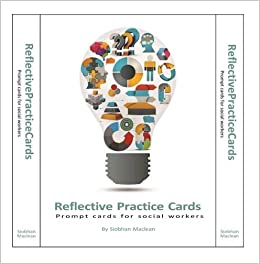 Siobhan’s Reflective Practice Cards
Siobhan’s Reflective Practice Cards
Having seen Siobhan speak multiple times, she has a knack of making complex concepts easier and accessible to the social worker. Let’s face it, as social workers, we don’t really have time to read through boring books on more theory! We want something in a fun and engaging way.
With Siobhan’s cards, she makes them full-color, and very fun! Just try them today! You will realise that reflective practice doesn’t just have to be something you are bored about!
Help for the Helper, by Babette Rothschild and Marjorie Rand
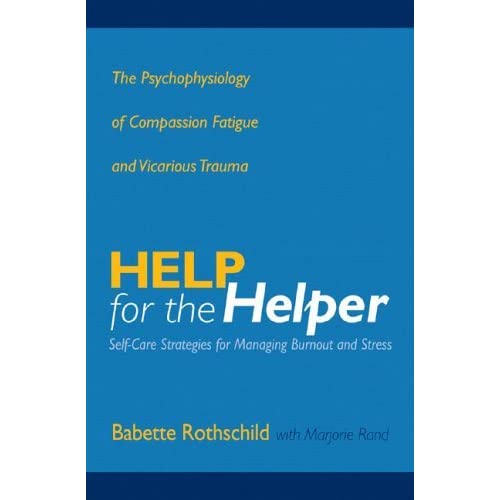
Help for the Helper was recommended to me by my therapist when I mentioned that I was starting to experience the headaches that my client had told me about. He thad told me that he was unable to rest because of splitting headaches. Days later, I started to experience them myself.
Knowing how to stay in your own chair, rather than being drawn into the client’s chair is important in staying sane as a social worker.
Very often, we forget this. We forget how we can care more for ourselves, rather than just for others.
Rothschild’s beautiful book is a welcome addition.
Maybe You Should Talk to Someone, by Lori Gottlieb
This is hands-down, my 2020 book of the year.
Vulnerable, funny, and honest, this book leads you through a gamut of emotions. You will laugh, cry and smile as you read through Lori’s reflections on her therapeutic work. It also forces you to reflect on your own work as a social worker.
For me, the key lesson I took away was that of shaping narratives.
As social workers, we intervene in clients’ lives. We turn towards pain, rather than away from it. We share pain with our clients. But as we share pain, we are also given the chance to shape pain.
You are given the chance to shape meaning from pain.
That’s an invaluable opportunity.
More importantly, it teaches valuable theory on counselling and therapy. The theory comes across in a light-hearted, engaging manner. It doesn’t attempt to force itself down its throat. During the times that Lori introduces theory, she does it in an unobstructive manner that evidences what and why she has done certain things.
As you read it, it also forces you to think:
As a social worker, why do I seem so uncomfortable with getting help?
As social workers, we can be very encouraging when our clients get help. But when we struggle with life, we find it difficult to ask for help.
Maybe it’s time to ask yourself:
If I loved myself, what’s the best thing I would do for myself?
Understanding others
Silent Guides, by Professor Steve Peters
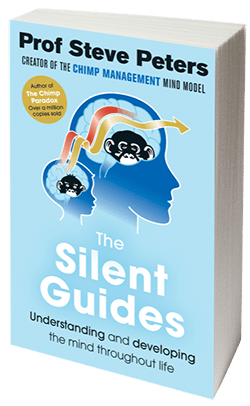
I have seen Professor Steve Peters speak 4 times.
Each time, I’ve left with even more insight and clarity about how we can deal with the chimp in our brains. Steve is a psychiatrist that is famous for his ‘chimp model’, a model that explains why we often face competing interests within our heads.
But in his book, The Silent Guides, it shares more about the psychologies of young children, and how we can help them.
During one of my recent calls with a youth, I remember him saying, ‘I want to stop myself going out, but sometimes I just can’t seem to control it.’ As I heard him share, I felt his pain.
When we are young, we might not know how to handle the impulses that bombard us.
Steve Peters teaches us how we, as adults and social workers, can be the human to our young people’s chimp. Instead of scolding and punishing them, we learn to develop a greater understanding of how we can help them.
This book shares about how you can build better habits in the children you work with.
This is What Inequality Looks Like, Teo You Yenn
There are some books that transform the way you look at your work in the social services.
You Yenn’s book offers a critique of the way social welfare is organised in Singapore. To be clear, I do not believe that this book is a criticism, but a critique. It has started valuable conversations on the basic assumptions we hold as a nation towards those who in less fortunate situations.
Whilst there are points which I disagree on, there have been many that have made me sit up and think:
Oh I never thought of it that way!
One revealing insight came when You Yenn described how she noticed that rental flats in Singapore had negative messages pasted on lifts (Don’t throw killer litter! Don’t borrow from loan sharks!). In more well-to-do blocks, she pointed out how they had more positive messages (Let’s climb the stairs for good health!). As a social worker, it forced me to think:
With my words and actions, am I unconsciously setting clients up to fail?
Am I willing to assume the best of my clients, or am I unwittingly setting them up to fail with the assumptions I hold towards them?
Read this book if you want to have your assumptions of social welfare challenged. If not, put it down.
It might be discomforting.
Managing yourself
Emotional First Aid, by Guy Winch
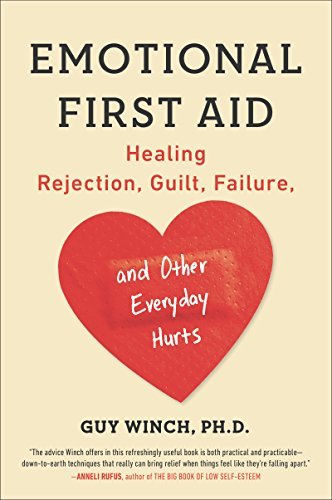
Emotional first-aid is one of the greatest books I have read.
Full of practical tips, it is not only for clients, but for ourselves too. Inevitably, as social workers, we will face failures, disappointments, and scoldings. Knowing how to treat ourselves with self-care is the first step towards not burning out as social workers.
One of the best ways I have tried is the letter of love to myself. Writing down qualities you are proud of, and how you have shown them over the years, this helps you to celebrate yourself, even when clients shout at you.
Boundaries, by Henry Cloud and John Townsend
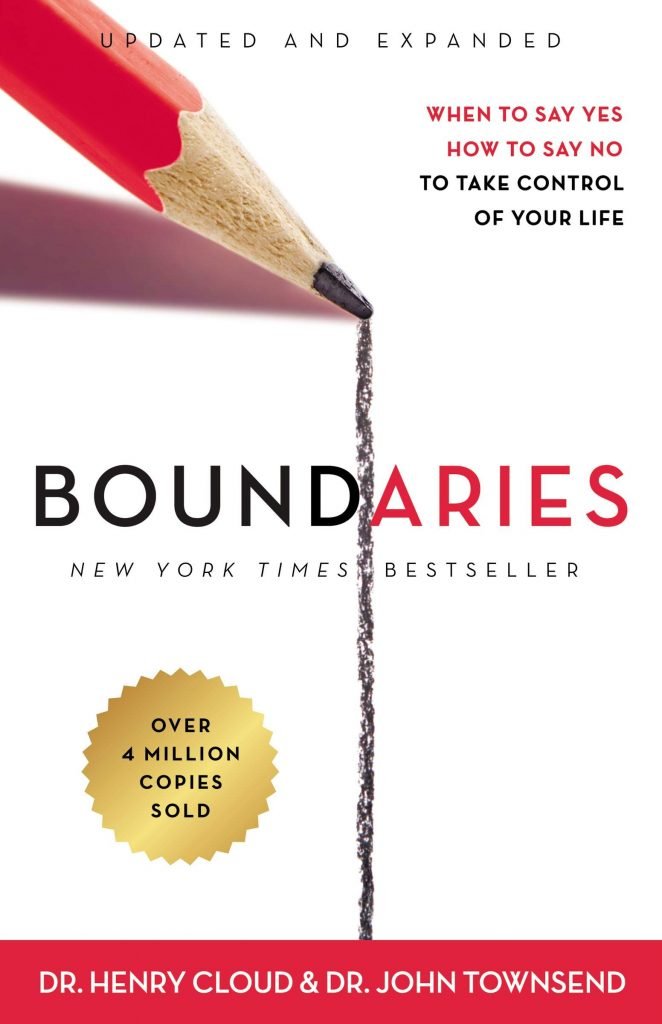
This book on boundaries is one thing you will definitely need in your social work career. When I was studying in the U.K., I often faced difficulties drawing boundaries between the clients’ life and my own life. I would go home, and worry about their wellbeing.
I would be unable to sleep well, wondering if my clients would commit suicide or perform an act of self-harm by the next day.
This book on boundaries is important in learning how to draw professional lines between clients and yourself. It also teaches you how to deal with difficult clients in social work. It teaches you how to have more of a life outside of social work. Also, it helps you in learning how to rest peacefully.
The art of being indispensable at work, by Bruce Tulgan
Look around you at work. Chances are, if I asked you who was indispensable, someone you can never imagine the organisation living without, you will point to the same few people.
Over and over again.
What is it about them that makes them irreplaceable?
Tulgan breaks it down in his book.
Amongst the many action steps he lists, the 3 actions that go-to people consistently display are:
- Win influence
- Beat overcommitment
- Get the right things done
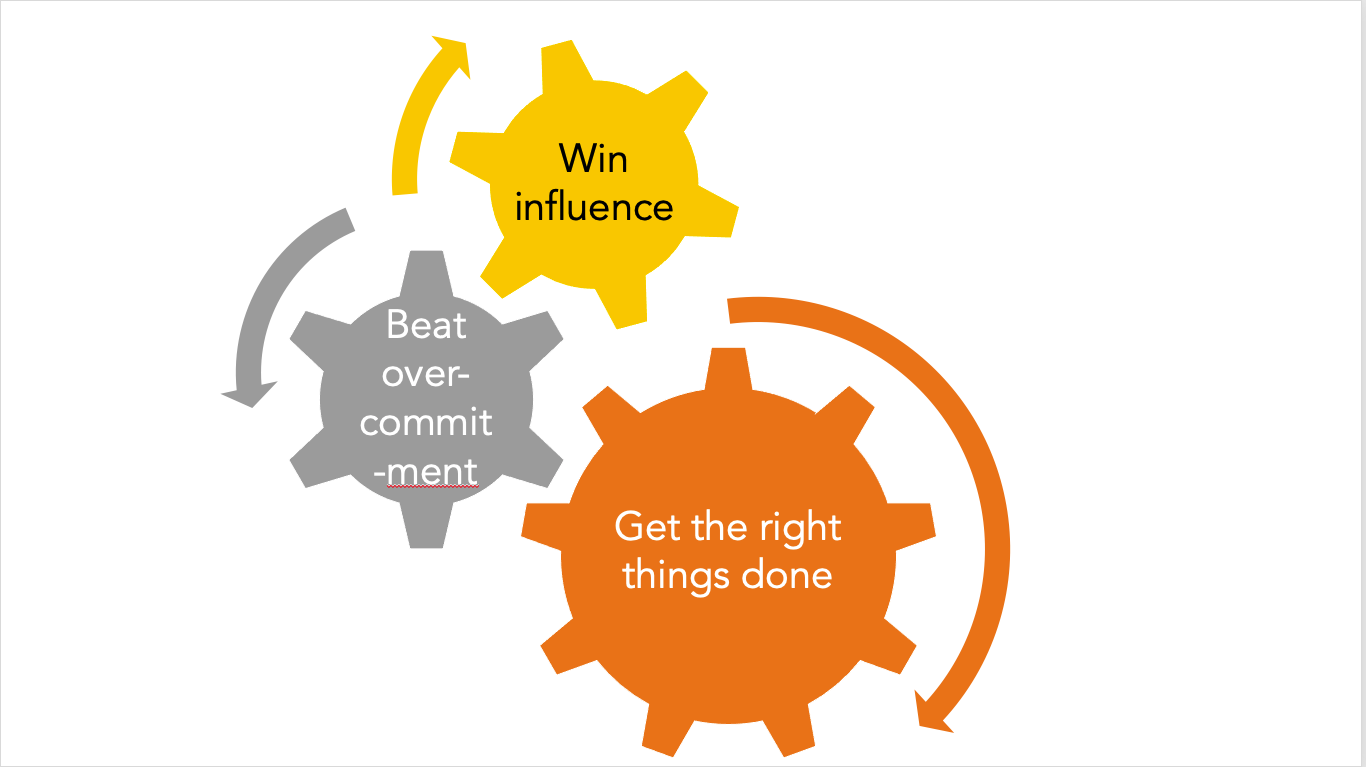
Sounds easy?
Nope. Doing it once is not enough.
Doing it consistently is hard.
If there’s one action point you take away, it’s this:
Start with being reliable. Do what you are asked to do. When you are asked to do more, think about the ask (what is being asked of you). Can you deliver what is needed, on time, on target, and on budget? If not, explain why you can’t, shouldn’t or are not allowed to do it.
Managing others
Dare to Lead, by Brené Brown
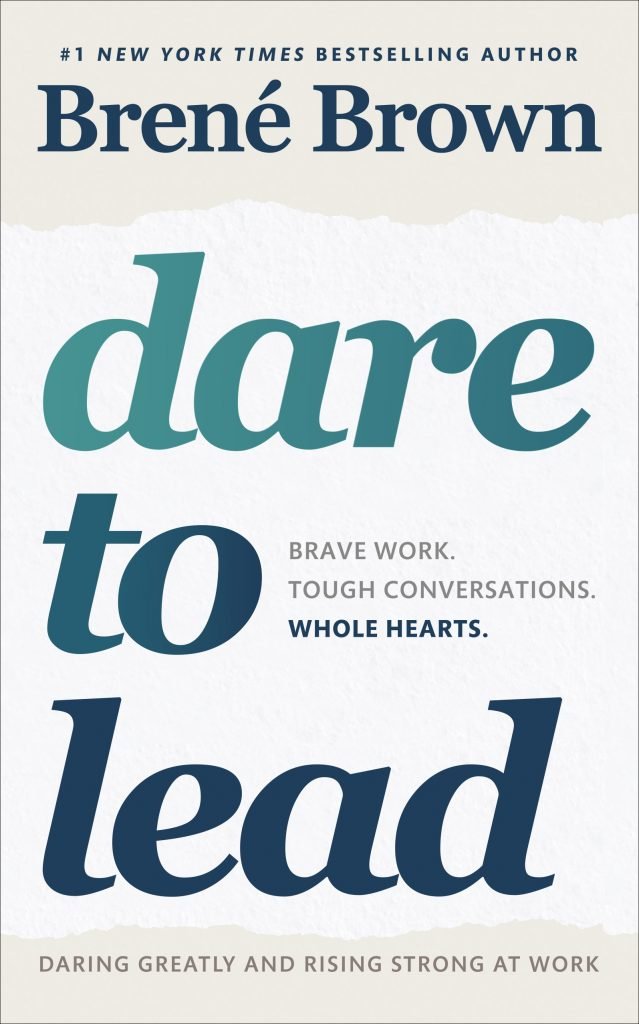
I love Brené Brown. I’ve read all of her books, and watched all her talks. She is certainly someone who inspires. Her work on vulnerability, overcoming shame and leadership are important qualities for social workers. In this book, she shares about how we can lead better. As social workers, this is important. From sharing about how we can have better meetings, to how we can model courage and vulnerability within the organisations we are in, this helps us to understand how we can build better relationships with the organisations and the clients we interact with.
On New Managers, by Harvard Business Review
If you think social work managers are nice, think again.
You probably have an experience of a social work manager who’s difficult to work with, or making life difficult for you. It’s tempting to blame them or think that they are being incompetent.
The honest truth is that:
Managing is hard work. The basics of managing, are not basic.
They take time to learn.
If you’re managing for the first time, this is the book to read.
It spans every difficulty you will possibly face as a social work manager:
- Leading a team you inherit
- Managing your boss
- How managers become leaders
- How to save your rookie manager from themselves (or save yourself from yourself)
Leading organisations
Good to Great and the Social Sectors, by Jim Collins
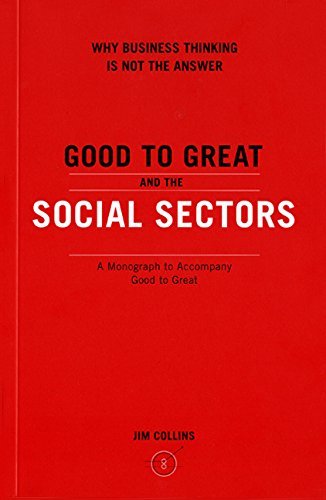
Whilst Jim Collins might be a business philosopher, his work is important for us within the social service sector. He shares about how his framework within the Good to Great research he did on mediocre companies becoming great ones, can be applied within the social sector. Too often, we think that the non-profit and the corporate sector have different ethos. Our practices cannot possibly mix!
But as I read Jim Collins, I saw that many of the suggestions he had did make sense.
For example, having a stop-doing list is something all of us can have. Rather than focusing on what more we need to do, we should often start looking at what less we need to do. By focusing, we bring greater efficacy and effectiveness to our work.
Good to Great, by Jim Collins
Another Jim Collins book.
Right, you’ve exposed me. I’m a Jim Collins fan.
In Good to Great, Jim studied the factors that made mediocre companies move from good, to great. In other words, what were the factors that helped them to be exceptional, exceeding the competition?
You see it below, in his framework.
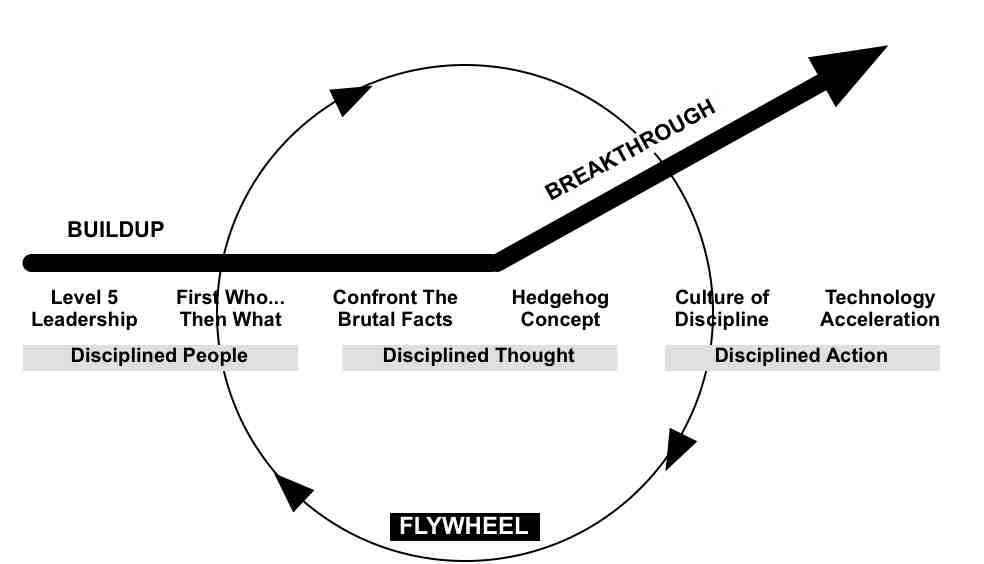
There are some who say that Jim Collins over-simplifies why businesses become great. Others say that his work has little application for real-life.
Others say that his work has little relevance for the social sector, like social work.
But I’ve taken great lessons from his framework in my own social work career. For example, we recently struggled with understanding whether to do this or that.
Jim Collins’ idea of the whole, both/and, rather than either/or, helped us to see if there were basic assumptions we were making in limiting our options.
If you are keen to learn more about how the best leaders push their organisations to greater heights, read this book. You will be surprised that the best leaders, aren’t necessarily those who are visionary, charismatic, and eloquent.
Rather, they are humble.
And they just get the work done.
How to read better
To read more, I would suggest that you do this. Take a book and place it in your toilet.
Every time you go into the toilet to do some business, take the book, and read it. Okay, maybe this sounds unhygienic.
Use a hand sanitiser.
But this simple action of reading for 5 to 10 minutes a day will start helping you to build the habit of reading.
Then you might ask:
But I find it so difficult to learn from the books I read! I read, finish the book, shelf it away, … and poof! It’s gone!
When you encounter something important, write down the page number and the thought it has spurred on the front page of the book. This way, you can refer to it when you return.
I hope these help. Reading social work books is not only about improving ourselves. But it helps us to improve our work with our clients, the work we do within our communities, and the relationships we have with our colleagues.
Question
What is the 1 book you would recommend every social worker to read? Why?
No cheating, just 1!

I had a very interest in reading the books that were recommended by our beloved ❤️ social workers..is Much appreciate able to see people coming to understand and admire other people ' s feelings.
Thank you for your comments!
It’s so encouraging to hear what you’ve just said 🙂